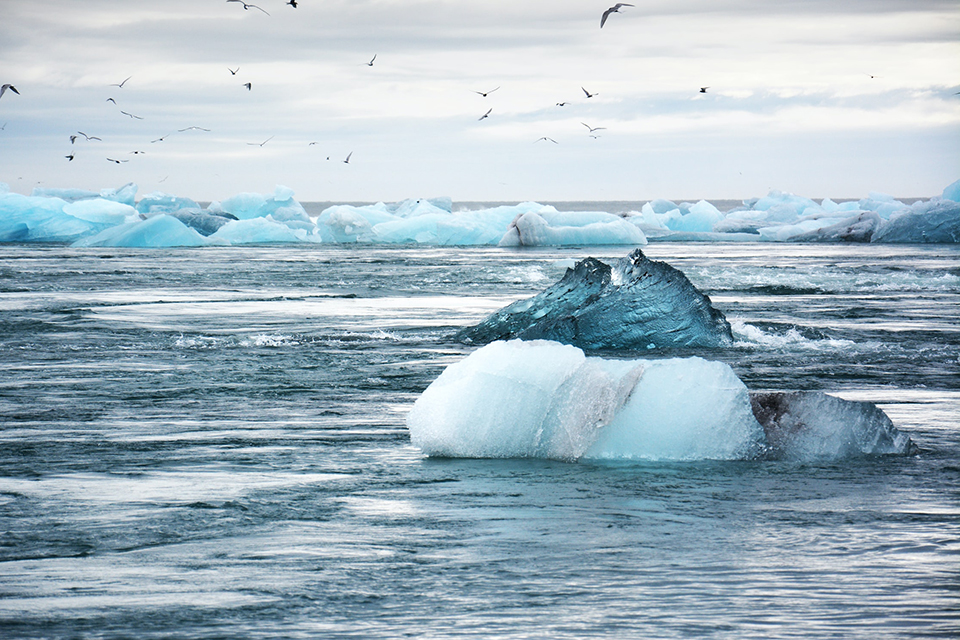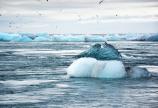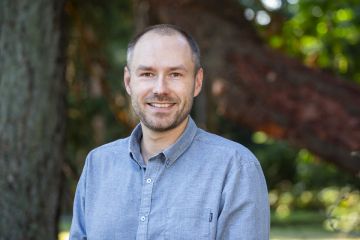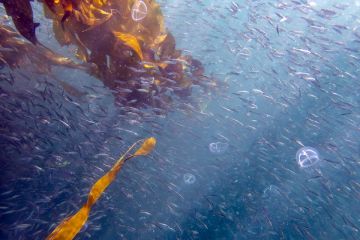Experts on federal climate Bill C-12
Engineering, Science, Social Sciences, Human and Social Development, Education

The following University of Victoria experts are available to media to discuss the federal government’s introduction of Bill C-12, the Canadian Net-Zero Emissions Accountability Act:
Astrid Brousselle (Public Administration) is an expert in health system analysis, the building of more sustainable and equitable societies with expertise in health and socio-ecological transitions. (Email at spadirector@uvic.ca)
Curran Crawford (Institute for Integrated Energy Systems/Mechanical Engineering) is an expert in sustainable energy systems analysis and optimization focusing on designing robust solutions. He can discuss renewable electricity generation, transportation electrification, energy storage and carbon capture and storage/utilization and the associated implications for renewable energy integration on- and off-grid. (Email at curranc@uvic.ca)
Ralph Evins (Civil Engineering) is an expert in the development of online tools to help practitioners find cost-effective routes to deliver energy-efficient buildings. He can discuss issues related to energy use in buildings, the building code, and district and city scale energy systems. (Email at revins@uvic.ca)
Robert Gifford (Psychology/Environmental Studies) is an expert in environmental psychology and the human dimensions of climate change, including the reasons why people don’t do more to prevent climate change, which he calls “the dragons of inaction.” He can discuss the psychological barriers to sustainable behaviour. (Office: 250-721-7532 or email at rgifford@uvic.ca)
Chris Kennedy (Civil Engineering) is an expert on climate strategy, deep decarbonization, greenhouse gas accounting and industrial ecology. He can discuss relevant research informed by his work as a consultant to the OECD, World Bank and several national governments on the development of low-carbon cities, infrastructure and economies. (Email at cakenned@uvic.ca)
Tamara Krawchenko (Public Administration) is an expert in comparative public policy and regional development. She can discuss relevant research informed by her work with the OECD and as an adviser to governments on rural development, land use governance, Indigenous economic development and regional development. (Email at tamarakrawchenko@uvic.ca)
Matthew Little (Public Health and Social Policy) is an expert in social and cultural determinants of nutrition, health and environmental epidemiology. He studies food security and those most whose health is most impacted by lack of healthy food. (Email at matthewlittle@uvic.ca)
Shanne McCaffrey (Child and Youth Care) is Cree Métis with Blackfoot ancestry of northwest Saskatchewan and is an expert in land- and water-based learning, teaching, environmental nurturing, preservation and sharing the land with non-human relatives. She can discuss the impact of resource extraction on Indigenous communities and territories. (Email at smccaffr@uvic.ca)
Kate Moran (Ocean Networks Canada, a UVic initiative) can speak to an ocean-based climate change solution that brings together existing technologies to capture CO2 from the atmosphere and pumps it into ocean subseafloor basalt, where it will mineralize and remain safely and permanently stored. Solid Carbon brings together an international team and 100 years of CO2-capture technology to deliver scalable, wind-powered offshore negative emissions technology by 2040 to achieve a net-zero emissions future. (To request an interview with Moran, please contact Leslie Elliott at elliottl@uvic.ca)
Felix Pretis (Economics) is an expert in climate economic research and is co-director of the Climate Econometric Research Network. His international research network develops methods to better understand the complex relationships between human actions and climate responses and their associated economic effects. He can discuss this research and his most recent studies about the economic impacts of 1.5C versus 2C. (Email at fpretis@uvic.ca)
Katya Rhodes (Public Administration and Institute for Integrated Energy Systems) is an expert in climate policy design in Canada. She has worked in the BC Government advising on climate policy options using economic analysis and modelling tools. (Email at krhodes@uvic.ca)
Randy Scharien (Geography) is an expert in Arctic climate change and the climate interactions of ocean, sea and ice. He can discuss the warming trends being observed in the Arctic, and implications for weather and climate conditions across Canada. (Email at randy@uvic.ca)
Andrew Weaver (Earth and Ocean Sciences) is an international leader in ocean and climate modelling and analysis. As a climate scientist and BC Green Party Leader from 2015 to 2020, Weaver can discuss aspects of the federal government’s plan to set net-zero carbon emissions plans by 2050, as well as broader topics such as the role of the ocean in climate variability and change. (To request an interview with Weaver, please contact Jennifer Kwan at researchcomm@uvic.ca)
Photos
Media contacts
Suzanne Ahearne (University Communications + Marketing) at 250-721-6139 or sahearne@uvic.ca
Jennifer Kwan (University Communications + Marketing) at 250-721-7641 or researchcomm@uvic.ca
In this story
Keywords: climate





